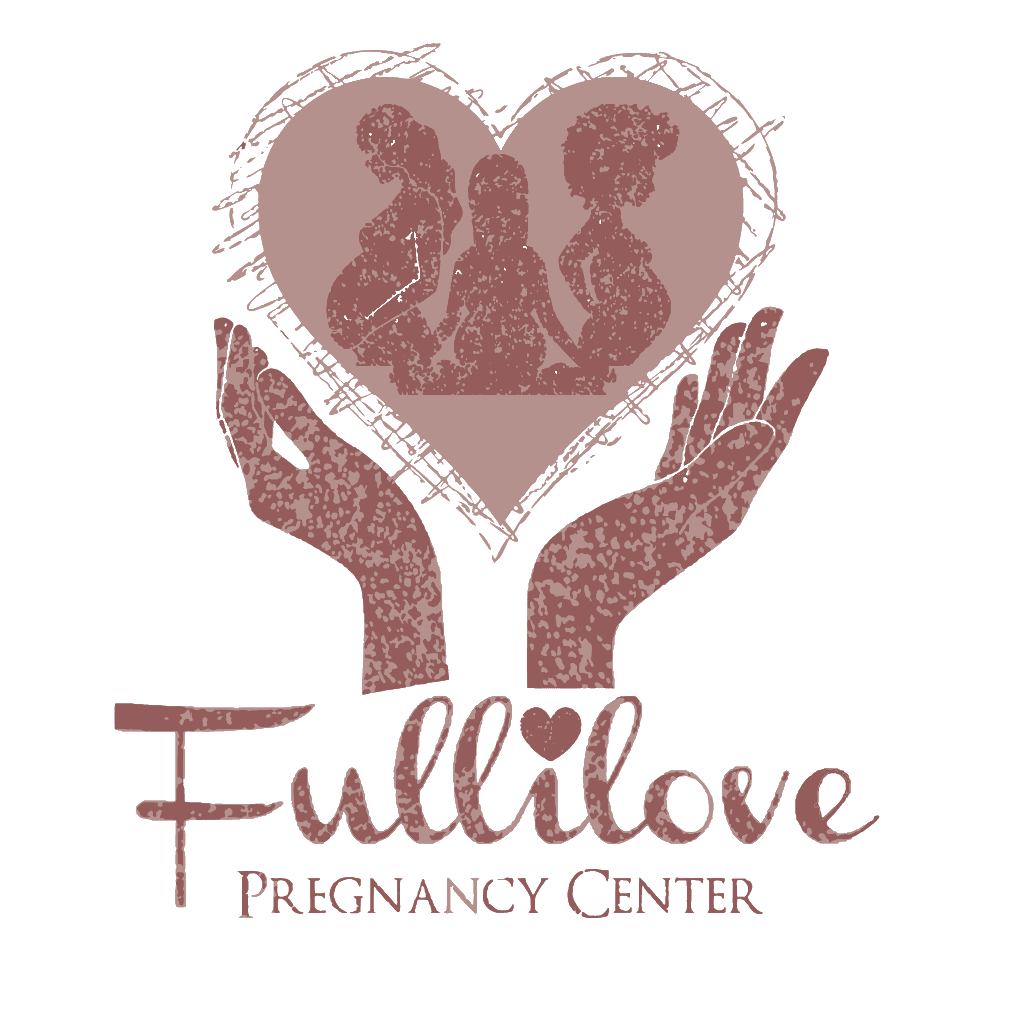Celebrating Diversity: The Power of Culturally Aligned Care During Pregnancy

Pregnancy is an incredible journey filled with joy, anticipation, and a multitude of emotions. It is a time when a woman's body undergoes significant changes, and her well-being becomes paramount. But amidst the physical and emotional transformations, there is another crucial aspect that deserves attention: Cultural alignment in prenatal care. Understanding and respecting diverse cultural backgrounds can greatly enhance the pregnancy experience, ensuring that every mother receives care that is relatable, sensitive, and easy to understand.We hope to delve into the importance of cultural aligned care in pregnancy and explore how it positively impacts the well-being of both mothers and their babies.
- Acknowledging Cultural Diversity: Every woman's journey through pregnancy is unique, shaped by her cultural heritage, beliefs, and values. By recognizing and appreciating this diversity, healthcare providers can establish a strong foundation for trust and effective communication. Embracing different cultural practices and perspectives allows healthcare professionals to create a safe and inclusive environment, promoting maternal well-being.
- Building Trust and Confidence: Cultural alignment in prenatal care fosters a sense of trust and confidence between the expectant mother and her healthcare provider. When healthcare professionals display cultural competence and sensitivity, they validate the experiences and concerns of pregnant women, enabling open and honest communication. By listening attentively, addressing cultural beliefs, and tailoring care plans accordingly, providers can establish a strong therapeutic alliance that supports the mother's emotional well-being.
- Bridging Language and Communication Barriers: Effective communication is the cornerstone of any successful relationship, and prenatal care is no exception. Language and communication barriers can create significant challenges for expectant mothers, leading to misunderstandings and anxiety. Culturally aligned care aims to bridge these gaps by ensuring that information is provided in a manner that is both relatable and easy to understand. It involves utilizing interpreters, employing culturally sensitive materials, and using clear and simple language to convey vital healthcare information.
- Empowering Decision-Making: Each cultural background brings with it a unique set of traditions, values, and expectations regarding pregnancy and childbirth. By incorporating cultural perspectives into prenatal care, healthcare providers empower women to actively participate in decision-making processes. Recognizing and respecting cultural practices allows mothers to make informed choices that align with their beliefs and preferences, fostering a sense of autonomy and empowerment.
- Enhancing Health Outcomes: When cultural alignment is prioritized in prenatal care, it has the potential to significantly improve health outcomes for both mothers and babies. Understanding cultural practices and beliefs related to nutrition, exercise, and overall well-being allows healthcare providers to offer personalized guidance. By incorporating culturally sensitive approaches, providers can help reduce disparities, promote healthy lifestyles, and ensure optimal prenatal health.
Cultural aligned care during pregnancy is not just a matter of respect and inclusivity; it is a vital component of comprehensive healthcare. By recognizing and embracing the diversity of expectant mothers, healthcare professionals can create an environment that supports trust, effective communication, and shared decision-making. Such care promotes the emotional well-being of mothers, enhances health outcomes, and ultimately celebrates the beauty of cultural diversity. Let us champion the importance of cultural alignment in prenatal care and pave the way for a healthier and more inclusive future for all mothers and their precious little ones.
Get in Touch
We would love to hear from you! Please fill out the contact form below and we will be in touch with you within 24-48 hours . For faster response please TEXT us at 832-409-1647.
